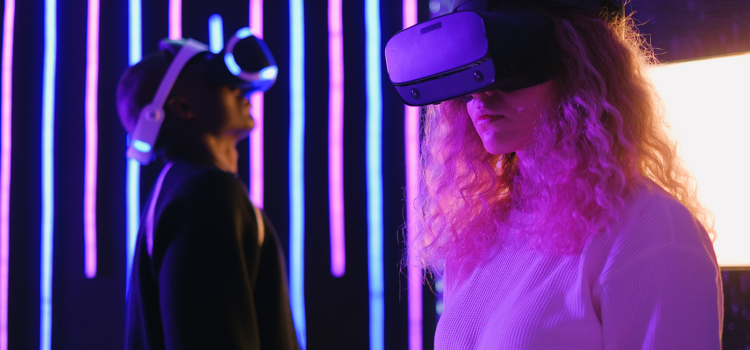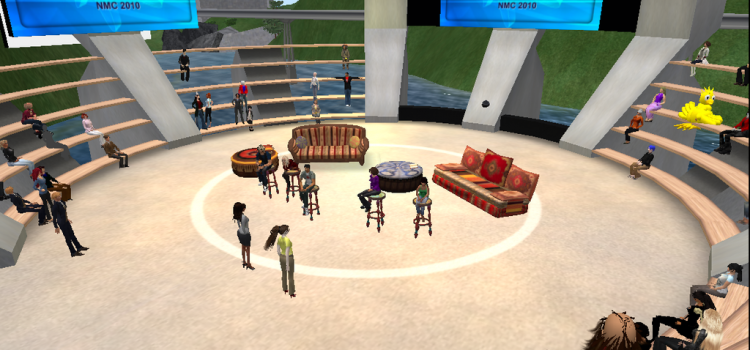On the second day of the EU’s citizens assembly on Virtual Worlds, I observed Working Group 6 which reconvened to further develop proposals aimed at informing the regulation and development of a digital Europe. The working group was directed to focus on the Commission’s digital principles, numbers four and five, “Fostering participation in the digital public space” & “Increasing safety, security and empowerment of individuals”. I wonder if the Commission’s short list of broad principles, is a better way of getting something on the table, rather than the detailed multi-point manifestoes that I have tried to build with others.
While the moderator tried to give the meeting some structure much of the meeting was very disjointed with citizen panel members saying what they wanted, which is their role, but rarely adding to what others say by improving or disagreeing. I believe the moderating team have created a summary to forward to the final plenary, if so they have done a better job than me.
This blog article is based on notes taken at the time, and while I have polished them and turned them into sentences, they do not tell really tell a coherent story but I hope that the combination of the wisdom of crowds and my comments, insights and lessons will be interesting
My notes and comments are below/overleaf; use the Read More button to see the full article.


